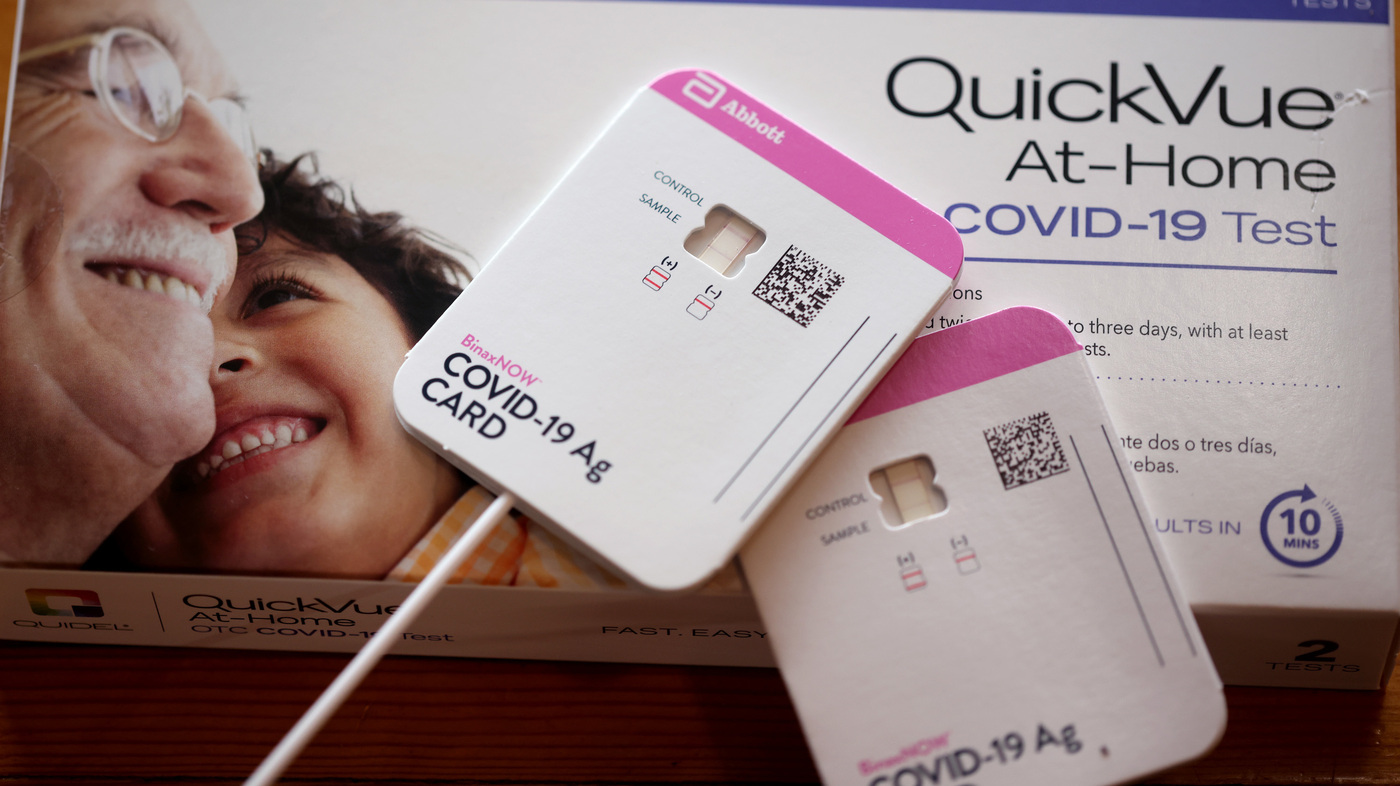The world is currently facing a pandemic resulting from the outbreak of COVID-19, a novel coronavirus. The virus has spread rapidly across the globe, infecting millions of people and causing thousands of deaths. The pandemic has caused countries to implement various measures to slow down the spread of the virus, such as social distancing, the use of face masks, and widespread testing.

Testing is one of the most crucial measures used in fighting the spread of the virus. Testing helps identify infected individuals, track the spread of the virus, and isolate individuals who test positive. In the early days of the pandemic, testing was reserved for individuals experiencing symptoms of the virus or those who had come in contact with infected individuals. However, as the pandemic has progressed, testing has become more widely available, and individuals can even purchase at-home COVID-19 test kits.
At-home COVID-19 test kits have gained popularity in recent months. They are convenient, easy to use, and can provide individuals with results in minutes. However, many people are skeptical of their accuracy and effectiveness. In this blog post, we will explore the accuracy and effectiveness of at-home COVID-19 test kits.
Are at-home COVID-19 test kits really effective?
At-home COVID-19 test kits are effective in detecting the presence of the virus in individuals. The tests work by detecting viral genetic material in samples collected from individuals. The samples are usually collected using nose or throat swabs, and the results of the test are provided within a few hours or minutes, depending on the type of kit used.
Studies have shown that at-home COVID-19 test kits can be just as effective as laboratory tests in detecting the virus. One study conducted by researchers at Cornell University in New York found that at-home COVID-19 test kits had a 95% accuracy rate. Another study conducted by researchers in the UK found that one at-home COVID-19 test kit had a sensitivity of 97.4%, meaning that it correctly identified positive cases in 97.4% of cases.
While at-home COVID-19 test kits are effective in detecting the presence of the virus, they are not foolproof. False negative results can occur, which means that individuals who test negative may still be infected with the virus. False negatives can occur due to several reasons, such as improper sample collection, low levels of viral genetic material in the sample, or testing too soon after exposure to the virus.
What are the possible disadvantages of at-home COVID-19 test kits?
At-home COVID-19 test kits also have several disadvantages, mainly compared to laboratory tests. One of the biggest disadvantages is that at-home test kits require individuals to collect samples themselves. This means that there is a risk of individuals not collecting the sample correctly, which can result in false negative results.
Another disadvantage is that at-home COVID-19 test kits are not always readily available to the general public. Some companies require individuals to have a prescription or a referral from a healthcare provider to purchase an at-home test kit. This can limit the accessibility of the test kits, particularly for individuals without access to healthcare providers or those without health insurance.
Are rapid at-home tests safer?
Recently, there have been reports of several rapid at-home COVID-19 test kits that provide results in just a few minutes. These tests usually involve a small device that analyzes samples collected by the individual. While these tests may seem like a convenient alternative to laboratory tests, experts have expressed caution about their safety and accuracy.
Rapid at-home tests are not as accurate as laboratory tests or some at-home test kits that use PCR technology. These tests can produce false negatives, particularly when the level of viral genetic material in the sample is low. Additionally, many rapid at-home tests have not been approved by regulatory bodies such as the FDA, which means that their safety and accuracy have not been thoroughly evaluated.
Conclusion
In conclusion, at-home COVID-19 test kits are effective in detecting the presence of the virus in individuals. However, they are not foolproof, and individuals should take steps to ensure that they collect samples correctly and follow up with healthcare providers if they experience symptoms of the virus. Additionally, individuals should be cautious when using rapid at-home test kits, as their safety and accuracy have not been fully evaluated. As the pandemic continues, testing remains a crucial tool in slowing down the spread of the virus, and individuals should take advantage of available testing options to protect themselves and their communities.